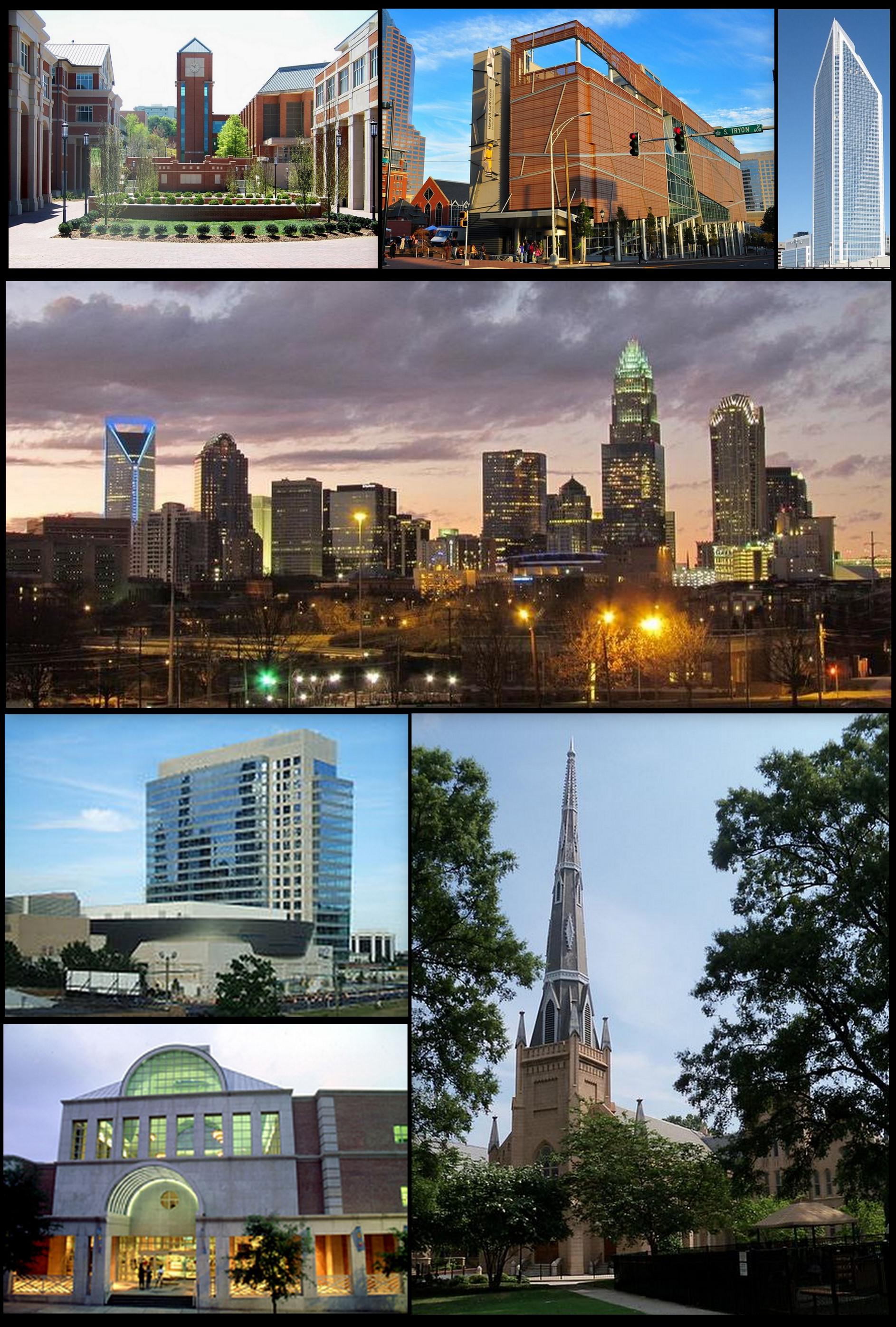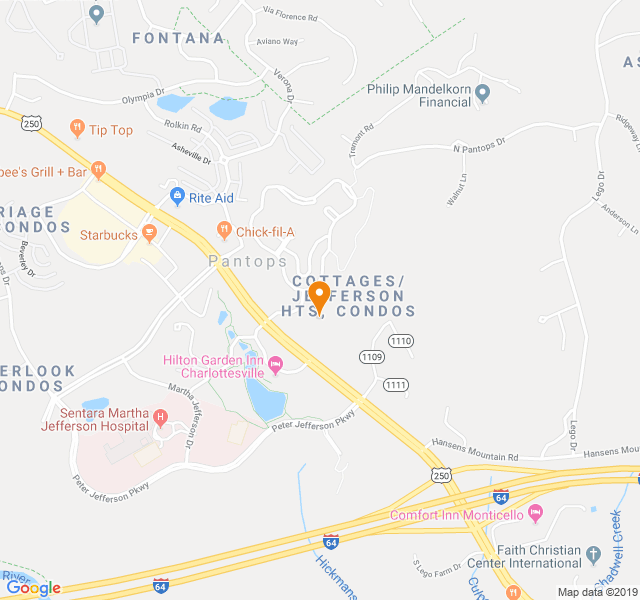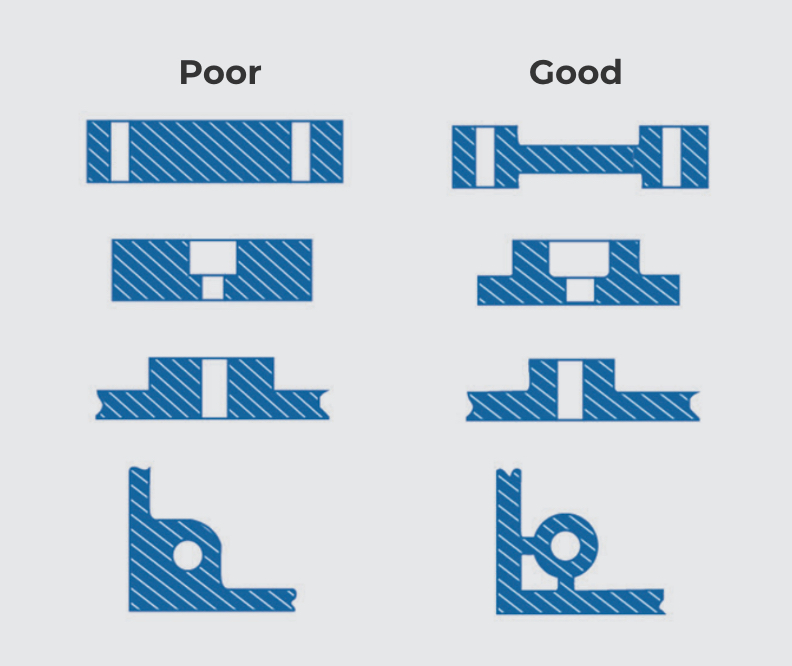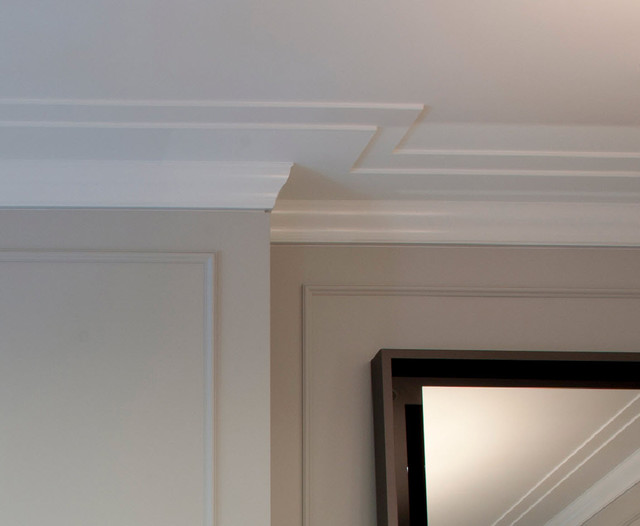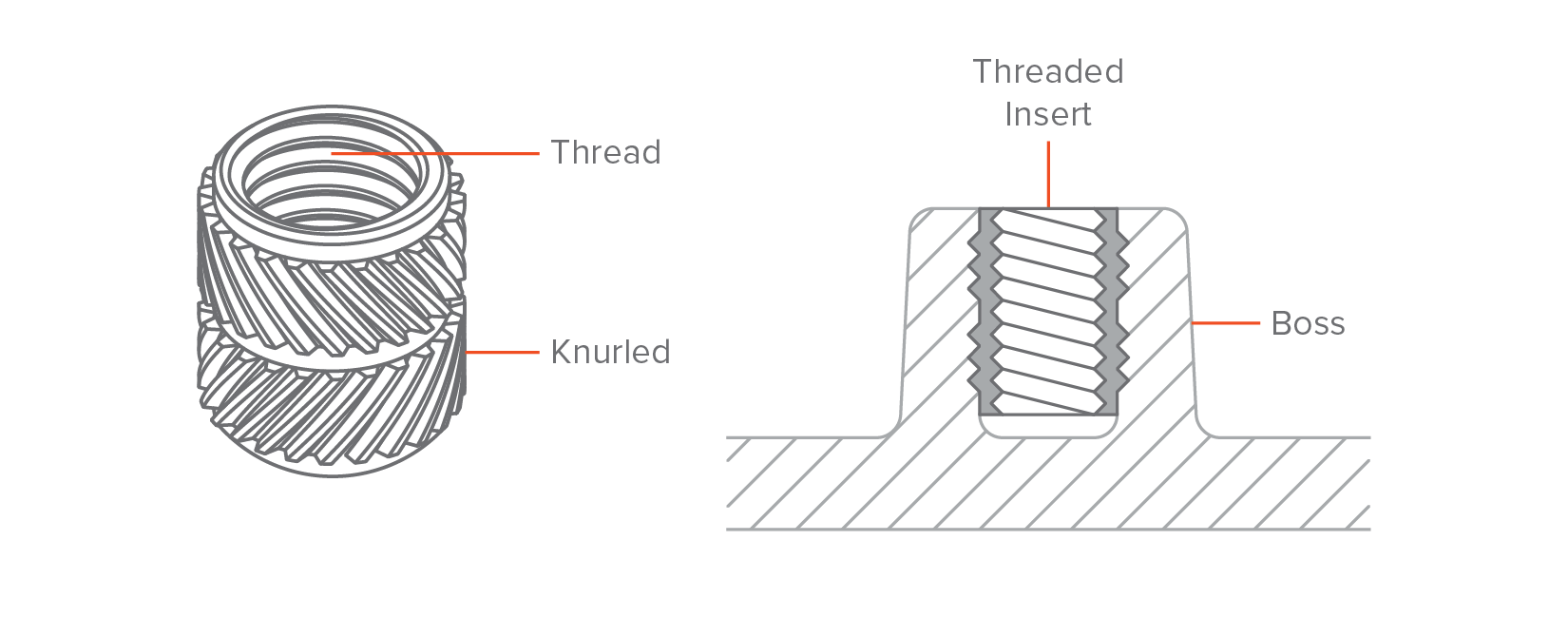Table of Content
- Home inspection cost based on the size of your house:
- A Guide to Home Inspections and Their Costs
- How to choose the right home inspector
- Decoding a home inspection report: What’s included and what to look for
- Use the average cost of home inspections in your area as a starting point
- Inspect It Before You Buy It
- Extra Home Inspection Costs to Consider
The home inspector explores the home’s structural details, overall condition and potential safety issues. The home inspector then gives you a recap of those findings. Many home inspectors — especially new ones — make the mistake of thinking too small when it comes to pricing their services.
Most home inspectors come from industry trades like engineering, HVAC, electricians, plumbers, or carpenters. The home inspection goal is to verify that the house is free of structural defects and that the home’s systems are in good working order and have no health or safety issues. Always ask your home inspector to see their state license and association credentials , business references, check online reviews such as Google My Business, and outline their home inspection process. Connect with top-rated agents near you and save thousands on commission fees.
Home inspection cost based on the size of your house:
Some VA and FHA loans require a type of appraisal that includes some inspection aspects, but it's not a full home inspection. Home inspections are usually optional, but they are highly recommended before buying a house. You're trying to make your offer more desirable within a very hot market. Waiving the inspection is still very risky, so talk with your agent before putting pen to paper.
An experienced real estate agent can walk you through your state’s laws, so you can make informed decisions. The homebuyer usually covers the cost of a home inspection as well as any additional assessments noted above like termites or radon. However, the buyer may be able to recoup these expenses during the negotiation stage, which we’ll talk about next. Termites – A general inspector can usually spot signs of termites, but won’t be able to give you a sense of the infestation in terms of size and costs.
A Guide to Home Inspections and Their Costs
If you’re not ready to inspect a specific home yet, you can take the list to tours and open houses. Use it as a test for prospective homes to pass, or simply a way to spot red flags earlier in the process. For example, if almost everyone else is charging around $300, it’ll be difficult to find clients willing to pay $200 more.

Also, first-time homebuyers sometimes are eligible for price breaks. The home inspection is one of the most important steps in the home buying journey. Department of Housing and Urban Development, the cost might range from $300 to $500. However, in most cases, it’s well worth it for buyers to hire a home inspector. "Much like a fast-food hamburger joint versus a steakhouse—you generally get what you pay for."
How to choose the right home inspector
Plug the information you’ve gathered into a spreadsheet and calculate the estimated average cost for a home inspection in your neck of the woods. Let’s say it’s $350 for an average single family house — so you’ll know not to go below that number if you can help it. Unfortunately, it’s all too common for home inspectors to undervalue their services.

At this point, you may be looking at costs that are anywhere between $20,000 and $100,000. Attic & Crawlspace – Although mold can be found anywhere in a home, as it thrives in dark, damp places. Considering mold removal can cost anywhere between $300 and $4,000+, depending on the severity and location, this is something worth considering before you sign that dotted line. The realtor.com® editorial team highlights a curated selection of product recommendations for your consideration; clicking a link to the retailer that sells the product may earn us a commission. Lisa Kaplan Gordon is an award-winning writer who's covered real estate and home improvement for realtor.com, Yahoo, AOL, and many others. In addition to the examples above, a structural engineer or foundation specialist might be recommended to further assess a foundation problem, for example.
"Depending on the issue, buyers may request a price reduction, request a repair made and paid for by the seller prior to closing, or even decide to walk away from the home," says Malkin. "This is not something I recommended or allowed my clients to do, but many buyers were doing this," says Malkin, of Connecticut-based REMAX/Essentia. "A home inspection is really important because even though it's not a guarantee, it can help you identify and get things fixed or get credited for the repair, or even walk away if necessary." You might also save a bit of money by asking your realtor to provide a referral to an inspector that he or she regularly works with. In order to find a reputable, professional inspector and one who offers a reasonable price, you'll need to do your research and shop around.
The most glaring omission is that the data does not represent how most home inspectors price their home inspection services. The average cost provided by HomeAdvisor means what their customers paid for a home inspection, regardless of who performed the inspection. Like most things in real estate, it’s important to compare price points with comparable services in the same area. Some local inspectors publish their rates online, and you can compare them to those of other service providers. Professional home inspectors check HVAC, electrical and plumbing components as well as windows, doors and insulation.
Foundation Repairs – Poor grading and drainage that goes unrecognize can cause a damaged foundation. Cracks in the foundation, sloping floors, or sticking doors or windows could be signs of significant foundation damage that can cost you upwards of $10,000+. Damage can occur from naturally occurring situations, water, and even shifting soil. Depending on the severity of the damage, the foundation itself may need to be replaced.

A structural failure that leads to the home being condemned? One thing to look for is whether any unpermitted work has been done. If so, you could be on the hook for bringing the house up to code should you ever remodel. Even if that’s not even remotely on your radar, unpermitted work needs to be carefully inspected, particularly electrical and plumbing work.
Specialized inspections may be a good idea if the inspector sees evidence of defects or hazards, or if the area has a history of certain issues. Home inspections can give buyers leverage and help them spot a money pit. Be sure to shop around and compare options to get a quality inspector at a fair price.
A pre-drywall inspection that covers a walkthrough before the builders install drywall will cost between $100 and $300. A home inspection after the home is completed costs $400 on average. Home inspectors are not regulated by any federal agencies, according to the Better Business Bureau, and most states don’t require them to be licensed.
Our editors and reporters thoroughly fact-check editorial content to ensure the information you’re reading is accurate. We maintain a firewall between our advertisers and our editorial team. Our editorial team does not receive direct compensation from our advertisers. Outside of these required repairs, everything else is up for negotiation. Focus on areas that could leave you with a hefty to-do list after the sale. It’s important to know what these “must-fix” issues are, especially if you think the home may have a lot of problems.
If the inspection returns issues that you’d like the seller to pay for or repair, or that you think devalue the home, you can negotiate with information from the inspection at your back. Some real estate agents or home inspectors might also recommend a specialist for components of your home that are common concerns in your area. Contact your inspector if you discover a major problem after moving in that they did not include on the report. Reputable inspectors often have liability insurance to cover the cost of damages, but you will need proof that the damage was pre-existing. Problems found in home inspections run the gamut, but commonly include mold and outdated electrical systems.







